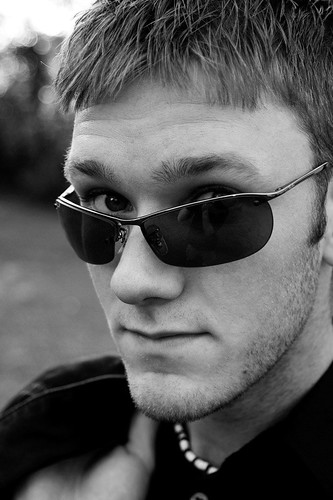
McDonald’s announced today that they are “readying the rollout of a line of lattes, cappuccinos and other specialty drinks in all of its outlets,” according to BrandWeek and Crain’s Business Chicago. Management boldly predicts $1 billion in sales. This comes at an enormous initial cost, which will be incurred largely by the revamping of 14,000 US stores.
So the question is: who sells high-end coffee? Starbucks, of course. Do people want a steaming cup of coffee with their Egg McMuffin? Sure. But the breakfast and coffee addition was among the first of the line-extensions that have cost McDonald’s a large part of their profitability.
I’m not arguing against the convenience of these things, of course. McDonald’s has slowly shifted their focus from the position of “hamburger” to the position of “fast food, not matter the desire.” And with each added menu item, their brand has suffered.
White Castle and In-N-Out both focus on hamburgers solely. White Castle owns the position of “ulta-cheap hamburger” with their Sliders. In-N-Out, on the west coast, owns the position of “hamburger” over McDonald’s. Both brands are profitable in ways that rival (and quite often outperform) the Golden Arches. While McDonald’s is busy looking for ways to extend their brand, narrowly focused competitors have burrowed into the niche left unguarded.
I can just hear the battle cry from the boardroom: let’s go get Starbucks! Bad idea! Does anybody remember when McDonald’s tried to kill Pizza Hut personal-style? The McPizza is now just a multi-million dollar faded memory. Expensive coffee? McDonald’s? Excuse me, but I don’t understand.
Previous line-extensions to the McDonald’s brand have hurt their bottom line. The majority of these extensions have followed the inexpensive nature of McDonald’s pricing structure. A cup of coffee? Cheap. A burger? Cheap.
So it would seem that McDonald’s is chasing “inexpensive” to become the Wal-Mart of the fast food world. Still, nothing about their brand says “premium”. An expensive cup of coffee from McDonald’s? What?!
The price of a Starbucks cup of latte or coffee reflects the prestige of the Starbucks brand. The ubiquitous green goddess of alertness is plastered proudly on each cup. People will proudly display their Starbucks cup on their desktop while they sluck and sip away their midmorning yawns.
Would anyone in their right mind display a McDonald’s cup of latte that they purchased for a big price tag? In the mind, the perception is that Starbucks makes premium coffee; McDonald’s makes cheap coffee.
Al Ries wrote, “High price is a benefit to the customers. It allows affluent the customer to obtain psychic satisfaction from the public purchase and consumption of the high-end brand.” He goes on to mention brands such as Rolex, Diesel jeans, Callaway, and Montblanc. Would people pay premium prices for these brands if they didn’t have the outward appearance of being more expensive? No, no, no; a million times no.
Rolex has a heavy, thick wristband in order to assure that its wearer will receive proper credit for their premium taste. Diesel jeans has their logo smacked proudly on the jeans. Callaway makes the largest driver on the market. And Montblanc makes a fat pen.
If you had $50,000 with which to buy a car, what would you buy? A Mercedes, most likely. But almost certainly not a Cadillac. Why? What’s the prestige of driving a Cadillac into your driveway and letting your neighbors see it? Hardly any at all. But a Mercedes…
We are not all strictly motivated by outward opinions. But, we are far more motivated by them than we let on. It’s called the herd theory. If the herd travels this way, most people tend to as well. There will always be a minority who refuse to follow the herd; in that, there is a profitable niche: in computers, think Apple and Firefox. Both have made wildly profitable brands by antagonizing the #1: Microsoft.
Is McDonald’s likely to do to Starbucks with their premium roasts? No. What’s a better strategy? Since they will never go back to their strongly held “hamburger” position, they should focus on “inexpensive,” and antagonize the high-price of Starbucks’ beverages.

